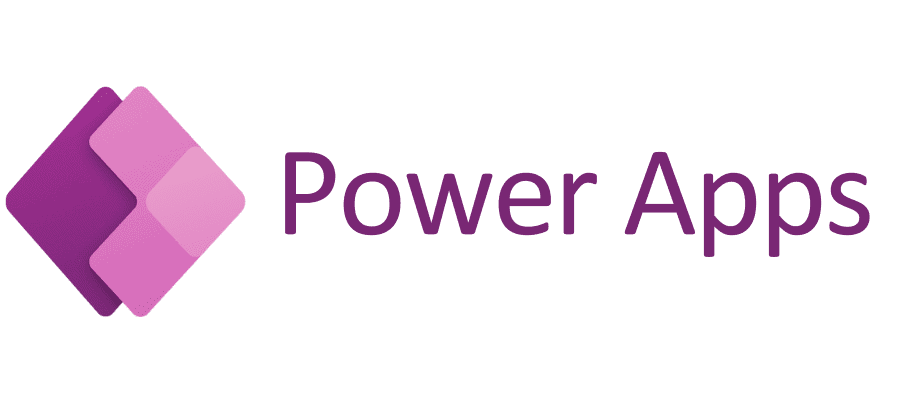

Robotic Process Automation is an essential tech for companies seeking to improve streamline workflows and operational efficiency. RPA can easily automate tasks which are rule-based and repetitive. This allows businesses to emphasize on strategic initiatives and distribute resources effectively. In this article, we will inspect the landscape of RPA tools, its importance and the future of automation. Let's get into it.

We are always looking to save costs and time while optimizing business processes. Robotic process automation is here to help you out. This process can help organizations to lower expenses, increase operational efficiency and save up workforce’s time.
This software allows businesses to build and create code sequences to manage tedious tasks that do not necessarily require human observation. If we talk about navigating digital systems, this code would function just like humans. It can easily understand complicated digital processes and finish workflows.
It's a cloud-based robotic process automation platform. It enables companies to automate tedious tasks across diverse systems and applications. This platform is focused on low-code development, intelligent automation, and cloud-native architecture.
This cloud-based automation platform has a user-friendly interface and strong connector library. It also has a compact integration with the Microsoft ecosystem. All these features allow businesses to increase productivity, lead digital transformation and process optimization.
This clever platform can combine case management, artificial intelligence capabilities and process automation. It influences organizations to lead digital transformation, improve customer experiences and achieve excellence with its advanced AI capabilities.
This comprehensive automation platform allows institutions to automate repetitive and tedious tasks across diverse systems and applications. It has advanced automation capabilities, effortless integration with IBM's broader software portfolio, and reliable security features. This powerful solution for companies seeking to attain operational excellence and digital transformation.
UiPath is a dominating RPA platform empowering to automate repetitive, rule-based tasks across various applications and systems. With its user-friendly interface and advanced automation capabilities, UiPath enables businesses to achieve operational excellence and drive digital transformation.Additionally, many professionals opt for an UiPath Course to build expertise and harness its full potential.
Blue Prism is a major enterprise which has advanced automation capabilities, strong security features, and understandable support resources. Blue Prism strengthens companies to drive operational excellence, bring compliance, and digital transformation.
The future prospects of automation are heavily based on human-machine creativity and collaboration. Key trends such as ethical automation, generative AI, ESG compliance are on uptick. It is led by advances in artificial intelligence. Automation aims at reducing human error, increasing productivity, saving costs, improving customer satisfaction and experience. Automating processes will bring digital transformations in diverse areas such as customer service, supply chains and other tedious tasks in administrative areas.
Also read this: List Of RPA Tools
At the end of our article, it's safe to conclude that RPA is an essential tool and it can benefit almost any industry. It saves up time, improves processes and work experience. Choosing the right robotic process automation software for your business is a pivotal decision. You will have to consider various factors such as assessing specific business requirements, estimating key criterias, researching available options, and conducting thorough evaluations.
necessary, making this the first true generator on the Internet. It uses a dictionary of over 200 Latin words, combined with a handful
To learn more HTML/CSS, check out these tutorials!